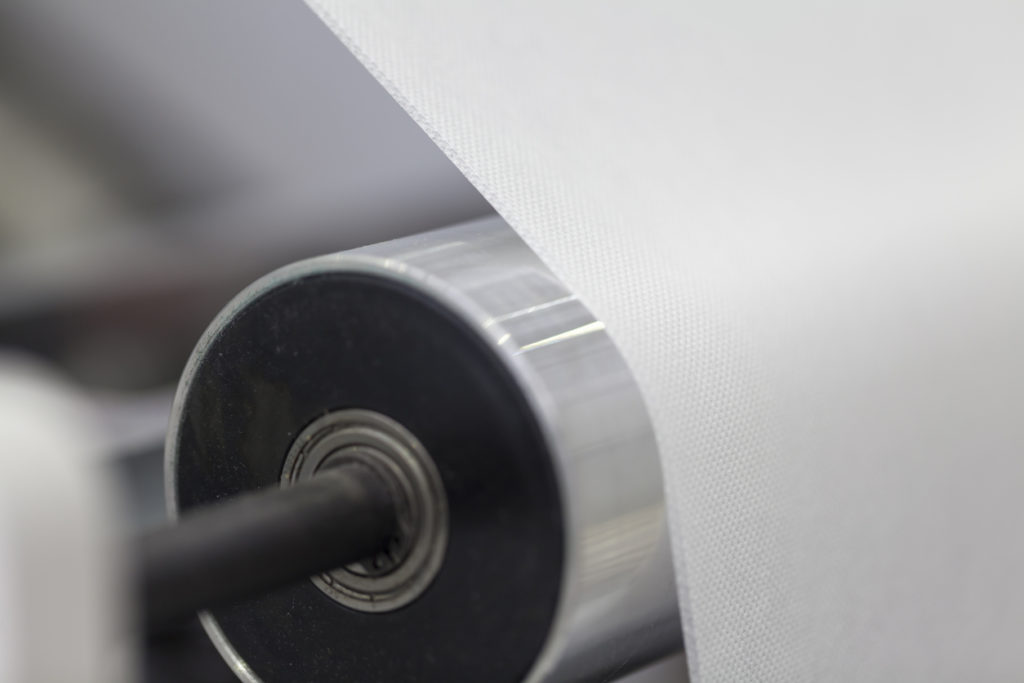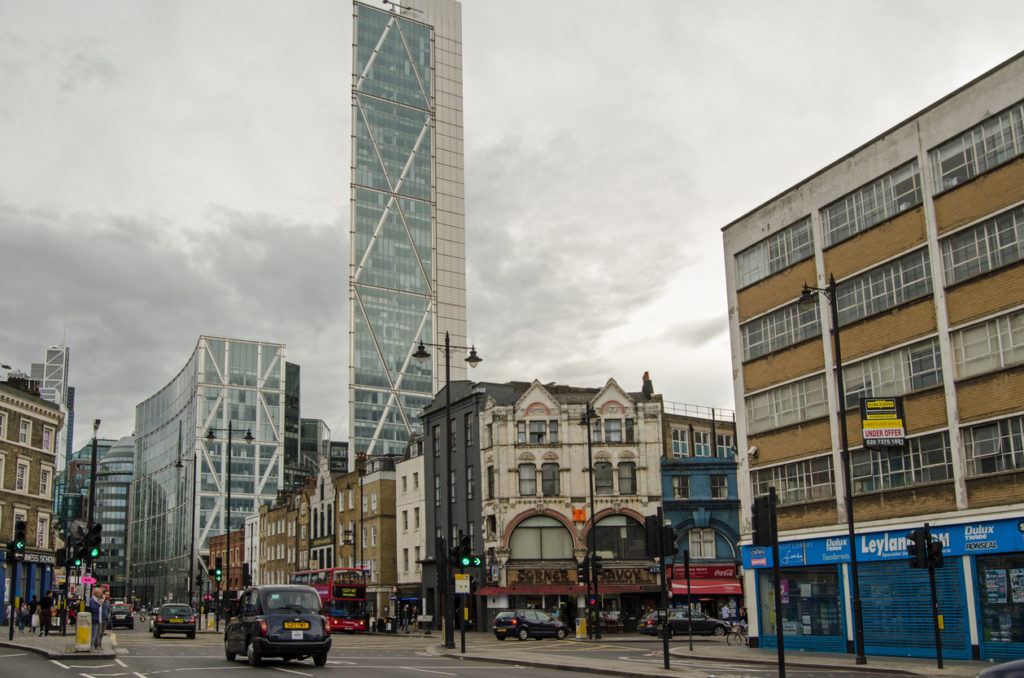Silicon Roundabout: where are the pioneers now?
| Beauhurst
Category: Uncategorized
In a recent article by the Telegraph, the newspaper highlights a map created in 2008 by Matt Biddulph, the developer who coined the term Silicon Roundabout. It shows 14 young startups in London’s then cheap East End (Hoxton and Shoreditch) who were attempting to build web-based businesses. Here’s the list:
Dopplr
MOO
AMEE
Last.fm
Skimbit
Redmonk
Kizoom
Ket Lai
Schulze & Webb
L Shift/Cohesive FT
Songkick
Trampoline System
Poke London
Consolidated Independent
Interestingly, the area had already played an important part in in the initial tech wave of the dotcom boom of the late 90s. We take a look at where London’s original tech pioneers are today. (Some, such as Consolidated Independent and Ket Lai, have drifted into digital obscurity).
Dopplr
Dopplr was the company which Matt Biddulph founded and was working at when he came up with the Silicon Roundabout nickname. Their social network allowed users to create travel itineraries, and discover if they coincided with the itineraries of any of their contacts. The company was acquired by Nokia in 2009, after which Biddulph became the head of data at Nokia’s Ovi Product Development team in Berlin.
MOO
MOO, the customisable business card printing service mentioned by the Telegraph, is still going strong, generating a turnover of £75m in 2016. In 2013, they attended the first cohort of the elite accelerator programme for well-established, late-stage tech companies, Future Fifty. (Alongside big names such as Shazam, Naked Wines and Funding Circle). They’ve moved away from Old Street’s dreary roundabout, but not too far, to Farringdon Road.

AMEE
AMEE (which stands for “Avoidance of Mass Extinctions Engine”) was a cleantech analytics company. By providing their clients with accessible greenhouse gas emission data, they aimed to help businesses increase the resilience and sustainability of their supply chains.
This company was acquired by Pi (now Predict X), the supply chain analytics firm, in 2015.
Last.fm
Last.fm, a social network for music fans, had already exited by the emergence of Silicon Roundabout, following a healthy $280 million acquisition by CBS.
Skimbit
Skimbit pivoted at the end of 2008 to “Skimlinks”, and became an “affiliate marketing service”. Essentially, online publishers add a line of Skimlinks’ code to their content, which picks up on any links to commercial products or sites, and records when users click-through to them. This provides a useful way of commercialising online content. Whilst Skimlinks turnover remains lower than MOO, they were accelerated in the same Future Fifty cohort in 2013. Through 6 rounds they’ve raised £18.2m in equity, and were valued at around £30m in 2015.
Kizoom
Kizoom developed software that tracked real-time travel information, which could be accessed via mobile devices (like an early precursor to Citymapper). They were acquired by Cityspace (which, confusingly, then rebranded as Kizoom) for an undisclosed sum in 2008. The merged companies were then acquired by Trapeze in 2010.
Schulze & Webb
This company, according to Techcrunch, was originally a creative design agency. Nowadays, it seems to have been stripped back to a blog about the effects of technology on society, with no additional services offered on their website.
L Shift/Cohesive FT
LShift operated an independent software developer, with clients including Barclays, BBS Deloitte and Honeywall. They were acquired in 2016 by the newly created tech arm of Oliver Wyman, Oliver Wyman Labs.
Songkick
Out of the original Silicon Roundabout startups, you’re most likely to have heard of Songkick. Their software sifts through different ticket vendors, venue websites and online newspapers to create a database of upcoming events in a user’s nearby area. Through the app users could purchase tickets directly from the artists website, allowing for the cut-out of the usual middle-men.
The going was good throughout the early 2010s, with the startup reaching 10 million monthly users in 2014. Through 7 investment rounds the company raised £38m, and in 2015 they acquired another ticketing startup Crowdsurge. However, the company became mired after lodging an antitrust lawsuit against Ticketmaster in late 2015.
Running out of money, it was forced to sell its app assets to Warner Music in July last year, and then shut down its ticketing operations in October. Ticketmaster did eventually still settle the lawsuit for around $110m. It also bought Songkick’s remaining assets and patents, representing a semi-exit for the company’s shareholders. So, a messy but not entirely un-lucrative end for one of Silicon Roundabout’s early pioneers.
Trampoline System
Trampoline Systems develops nifty visual maps from business data. Their latest project was for the European Commission, illustrating Europe’s startup clusters. From their website, however, it doesn’t look like they’ve had any fresh projects since 2015.
Poke London
Poke London operates a comprehensive creative design agency, offering a broad suite of services including everything from brand strategy to experience design top front end development. They were acquired by Publicis (a French multinational ad and PR agency) in 2013 for around £10m.
The overall impact
All in all, only a few of the initial Silicon Roundabout 14 have gone on to take significant investment or otherwise become high-profile post-2010, but a large proportion of these startups did manage an exit.

Whilst the commercial oomph of those startups may be limited today, their pioneering effects can be felt in other ways. On coming to power in 2010, David Cameron launched Tech City (soon to become Tech Nation) to champion the East End’s growing tech scene. Meanwhile, Shoreditch has become a by-name for tech startup-land, boasting a rich ecosystem ranging from the likes of Amazon’s UK HQ down to the fast-disrupting energy provider Bulb. TransferWise, Neyber and Monzo are all currently headquartered just a short walk from Old Street.
10 years ago these startups signalled the start of London’s tech revolution. The effect of this has been far-reaching, and far surpasses their current value.
Discover the UK's most innovative companies.
Get access to unrivalled data on all the businesses you need to know about, so you can approach the right leads, at the right time.
Book a 40 minute demo to see all the key features of the Beauhurst platform, plus the depth and breadth of data available.
An associate will work with you to build a sophisticated search, returning a dynamic list of organisations matching your ideal client.